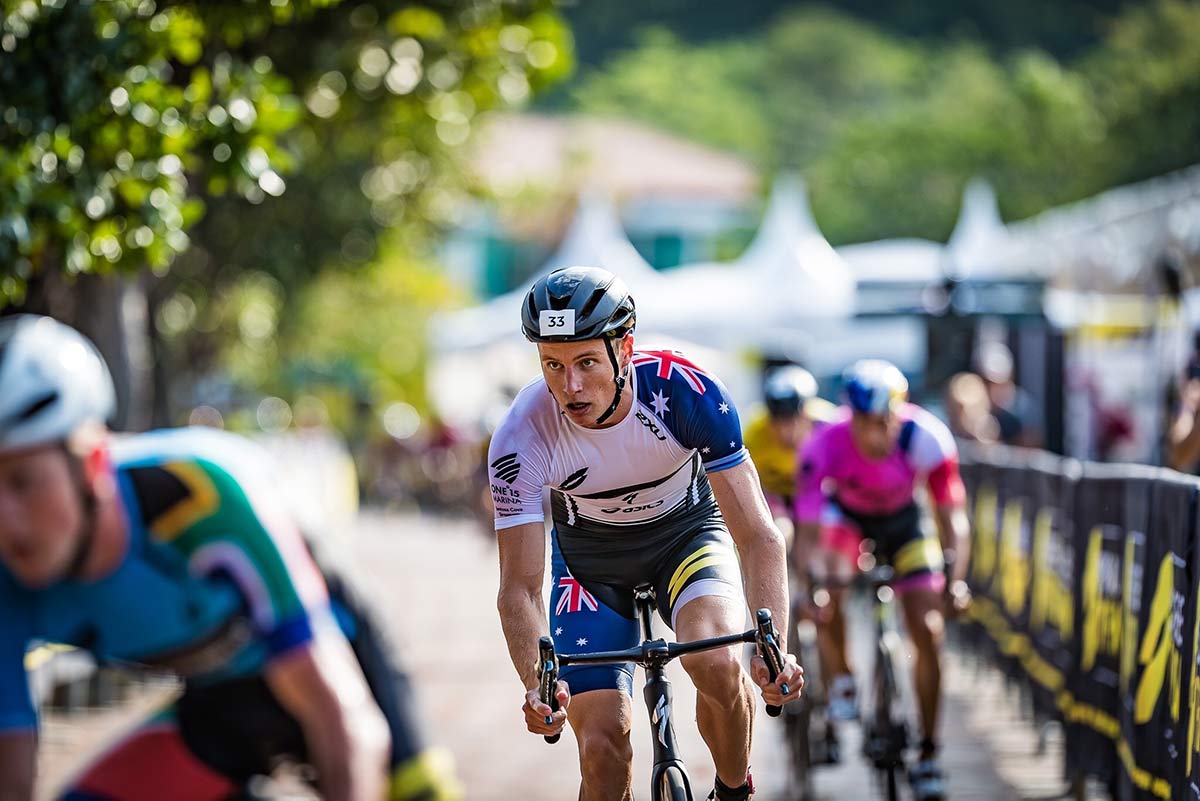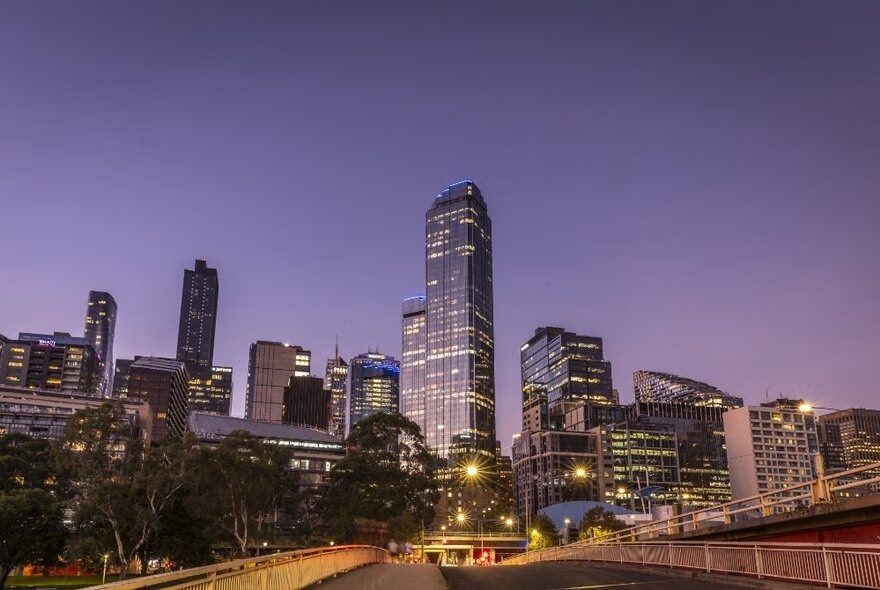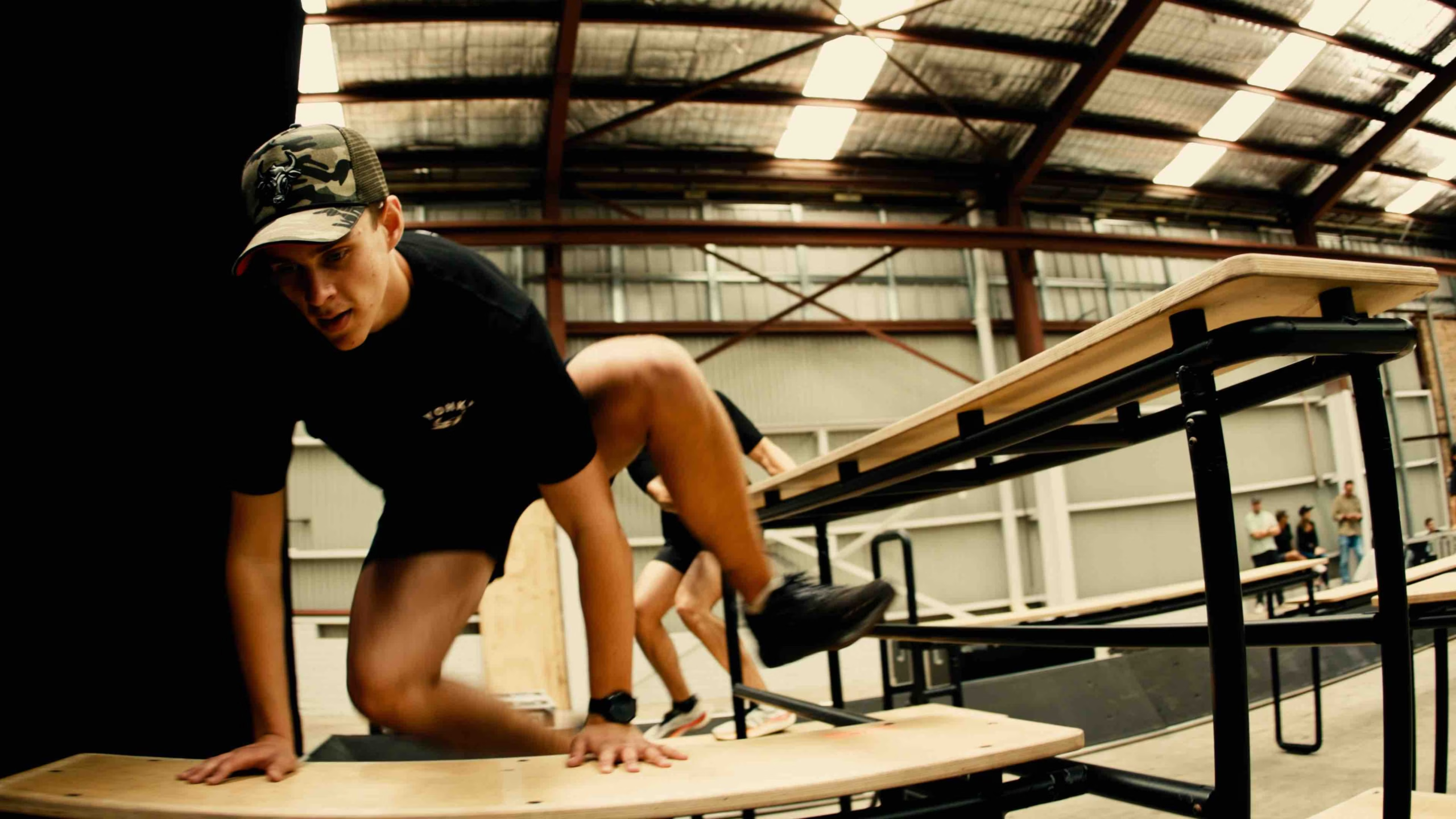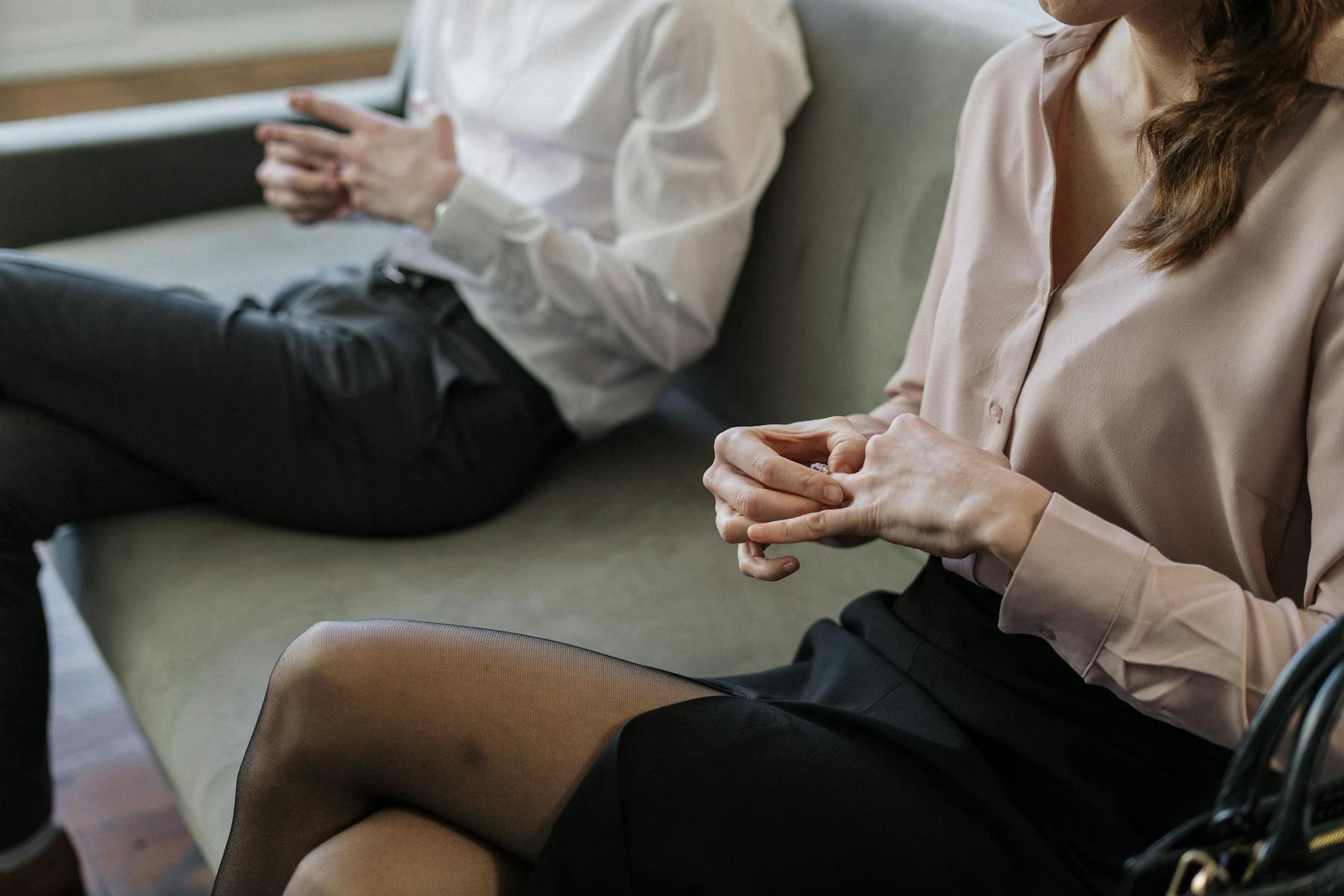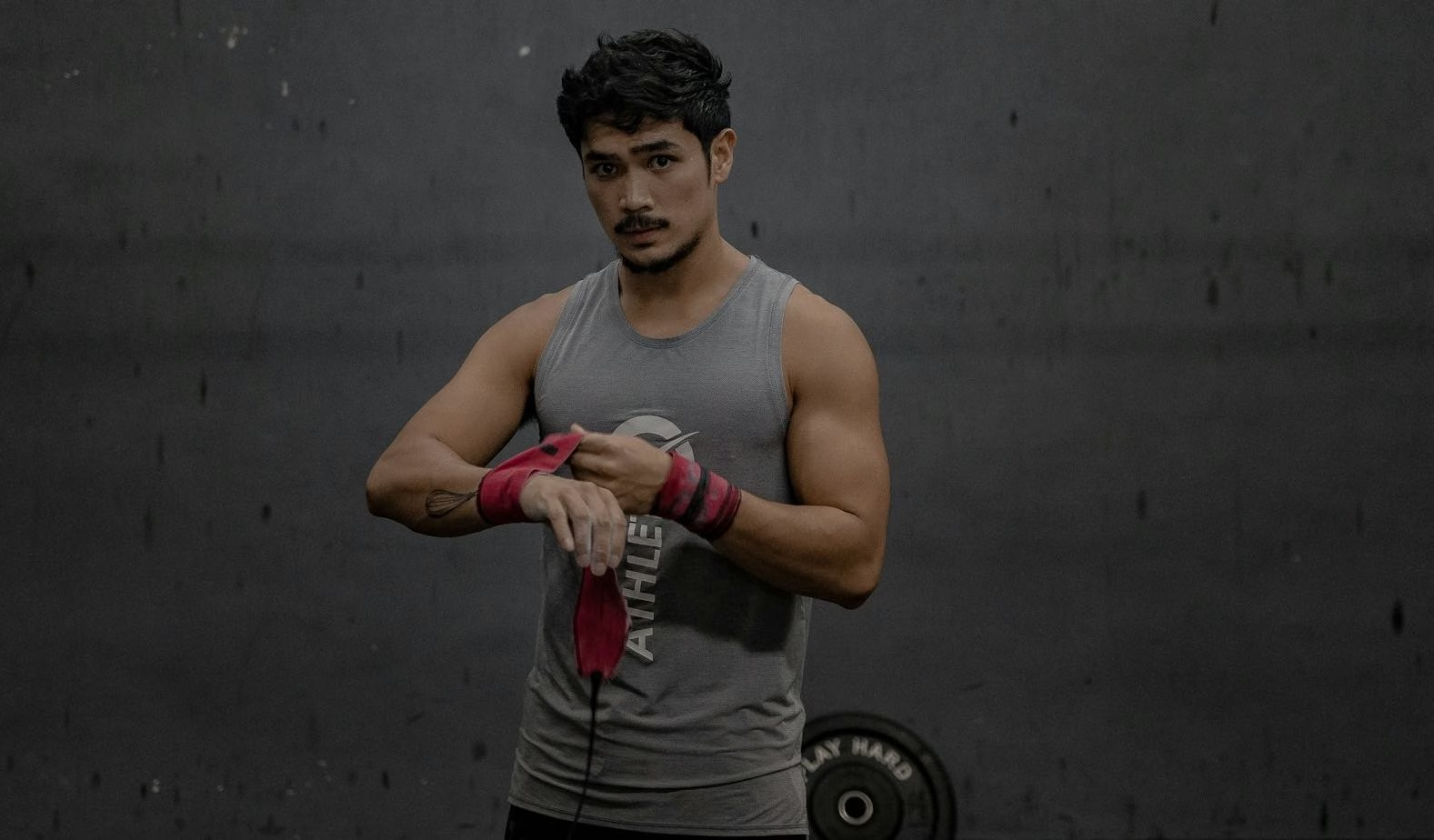MF chats to young gun triathlete Matthew Hauser about training in lockdown and how the pandemic is affecting his chances for the Tokyo Olympics.
What’s happening with the qualifications? How is the pandemic affecting the line-up for Tokyo?
I’d love to know as well. Obviously, there’s a lot of uncertainty at the moment. The original plan was an automatic selection race, the 2019 Tokyo testament, in which males and females needed to come top three and first Aussie, which is a very formidable task. No-one received the automatic qualification and then they went to a format of discretionary selection where they could have a little bit more freedom with choosing the relay team as well, because that is a first-timer for the Olympics next year now. That was due to be picked a month or a month-and-a-half out from the games and just pending performances on other races which strategies the selection panels would be using would be put forward for Tokyo. I’m not too sure, I would say they would just mirror the same discretionary selection and then put it at the same time next year.

You’re still in with a chance?
Yes, I’d like to think I am in with a fairly strong chance. There’s a short list of six guys, of which they have to take three out of those six – the extra year extends the timing and opens the door up for other people coming through as well, like the young juniors, so it’ll be interesting, but I think given my performances at the Commonwealth Games and
my history, I think I am in with an average to good chance.
You pull away often in the run. Is that the strongest leg for you?
I’d like to think it’s my strongest part because in the end, the run is what wins a tri. Probably because at the very end it is what you are seeing in a lot of IQ races today: the bike stays together, so the run is where it breaks up. But in Chengdu, that was my first World Cup win before I stepped up to the World Series races and I think the shorter distance that was offered there – and the MTR [Mixed Team Relay] racing – is a benefit to me as a younger athlete, and growing up doing those shorter distances as well.

How’s your training going during the pandemic?
The whole thing hasn’t impacted my training too much. I live with a training mate of mine, Jack, and we keep to the one or two-person exercise rule. We go out for runs and we have been told that it’s better for us as a squad to stay indoors while cycling, so we have just been on an online cycling platform called Zwift.

You’re a 2XU ambassador, so you obviously believe in their gear. What is it about the brand that you like?
I think it’s the fact that 2XU is an Australian company based in Melbourne, and they have definitely had a strong figure in the triathlon scene. With compression, they’ve modernised and revolutionised it for recovery, which is definitely an important aspect of training. I think that’s what I really love about the brand.

What are you training for now?
Good question. The goal is to keep relaxed and happy and healthy. I’m exploring trail running, swimming in the ocean – the aim is to stay fit and healthy and do some indoor activities and gym routines in the home. Hopefully, there will be some domestic races towards the end of the year, such as Noosa.

What’s your training looking like now?
Normally, my triathlon training week consists of five swims all ranging from 4-5km, including a heart rate session, ocean swims and technique-specific, then five runs (including the brick session). At the moment, I’m building up to about 70–80km running per week, and then I would say maybe four rides, with a brick session with the bike.
